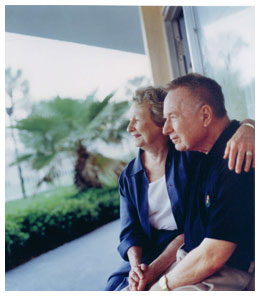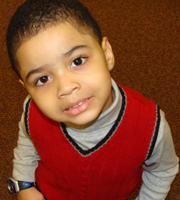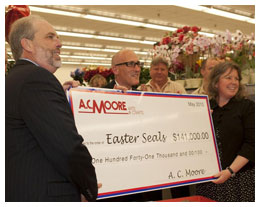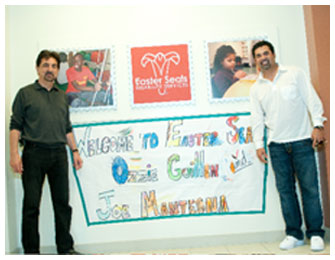by Beth Finke
 I’m pleased to introduce my friend Mary McHugh as a guest blogger. Mary is the author of 17 books, including Special Siblings: Growing up with Someone with a Disability.
I’m pleased to introduce my friend Mary McHugh as a guest blogger. Mary is the author of 17 books, including Special Siblings: Growing up with Someone with a Disability.
Advice to Teens Growing up with a Brother or Sister with Special Needs
by Mary McHugh
I need your help for a new book I’m working on. The book is called Special Siblings: Advice to Teens Growing up with a Brother or Sister with Special Needs. It’s the sequel to my previous book about my brother Jack who had cerebral palsy and brain damage.
In that first book, I interviewed people of all ages as well as professionals in the field to write a book that would be a friend to siblings of people with disabilities. After Special Siblings was published, a lot of people told me there was a real need for a book that would concentrate on teenagers who have siblings with special needs. So I’m interviewing teens and experts in this field to find out the latest research, the best resources, the feelings and needs of young people who find themselves in a family with a brother or sister who has some kind of disability.
I have already talked to a lot of teens and am impressed with their ability to cope, their creativity in helping their siblings achieve and reach their highest potential, their important place in the family, and what they need from their parents — mainly more information and more responsibility in their sibling’s care. If you are a teen or a professional who counsels teens, I would love to talk to you. I won’t use your name unless you want me to so you can be totally honest in your feelings, good and not so good. One of my primary aims in this book is to reassure teen siblings that their feelings of embarrassment, resentment, or guilt are normal, that all of us siblings feel that way from time to time. So far, teens seem to be pretty positive about their feelings about their siblings, mostly because there is so much more information out there about people with disabilities so there is more understanding among people who don’t live with this situation.
But I need to know how you feel. What would help you the most in this book? What do you want other people to know about you? Even if you don’t read this book yourself, what would you want your parents to know? What would you want therapists, counselors, teachers, social workers to know that would be especially helpful to teens?
Help me make this a truly teen-friendly book, full of good resources, helpful information, practical suggestions on how to deal with your sibs, your parents, your friends, and strangers who stare at your brother or sister. Tell me your plans for the future and how your sibling will be involved in your life.
If you would like to be interviewed by me — either by phone or email — email me at mmchugh655(at)aol(dot)com and either tell me your phone number so I can call you, or ask me to send you some questions to answer by email. I want this book to really help people and I could use your wisdom, your creativity, and the special knowledge you have because you grew up with a brother or sister with special needs.
Thank you!







 It is seldom that you come across a 3-year-old that has already lived through so many medical struggles, but that is the story of Monti Taylor. Monti has been fighting battles his whole short life, and he and his family have not given up. Not even once.
It is seldom that you come across a 3-year-old that has already lived through so many medical struggles, but that is the story of Monti Taylor. Monti has been fighting battles his whole short life, and he and his family have not given up. Not even once. I’m pleased to introduce my friend Mary McHugh as a guest blogger. Mary is the author of 17 books, including
I’m pleased to introduce my friend Mary McHugh as a guest blogger. Mary is the author of 17 books, including  I have a lot of talents. Crafting, however, is not one of them. Asked to use my hands to contribute to the crafting community, I stretch out my finger, press a button on the computer keyboard, and
I have a lot of talents. Crafting, however, is not one of them. Asked to use my hands to contribute to the crafting community, I stretch out my finger, press a button on the computer keyboard, and 